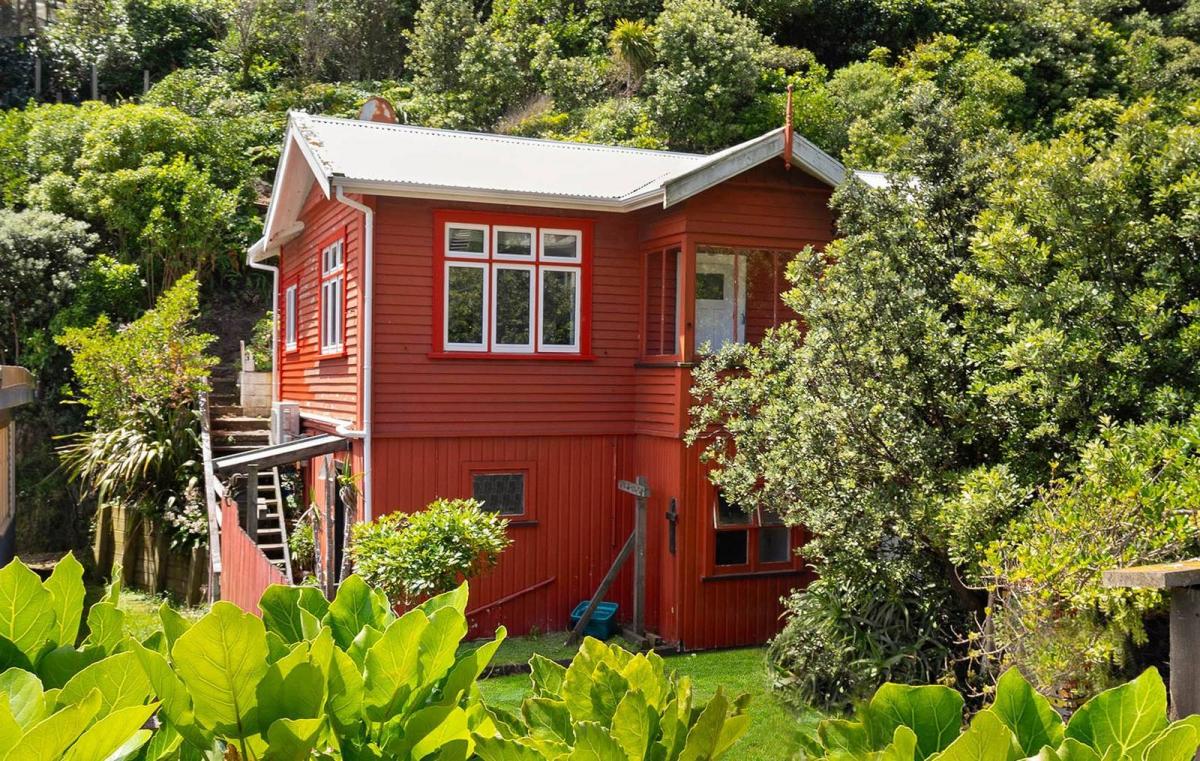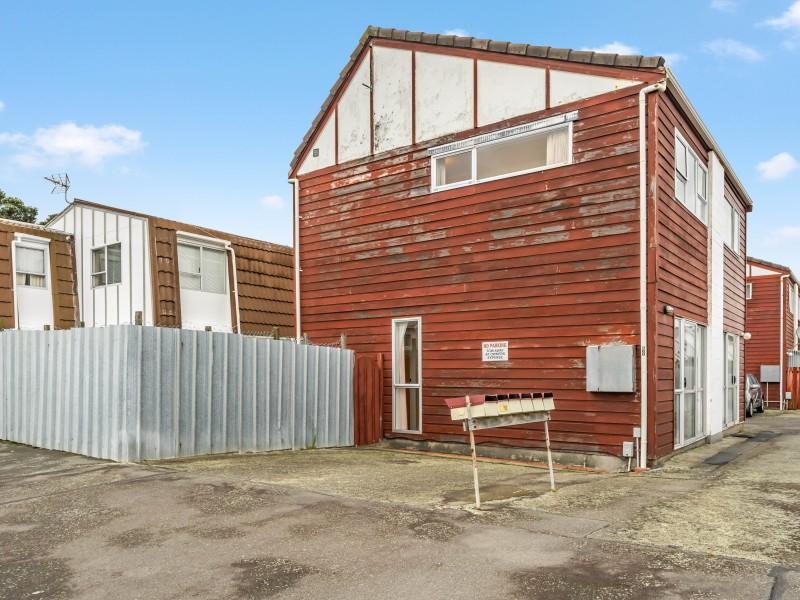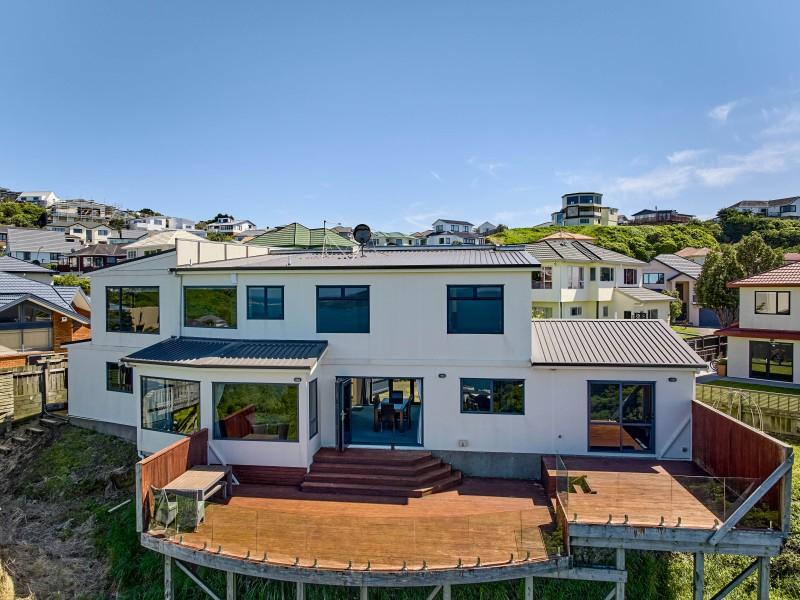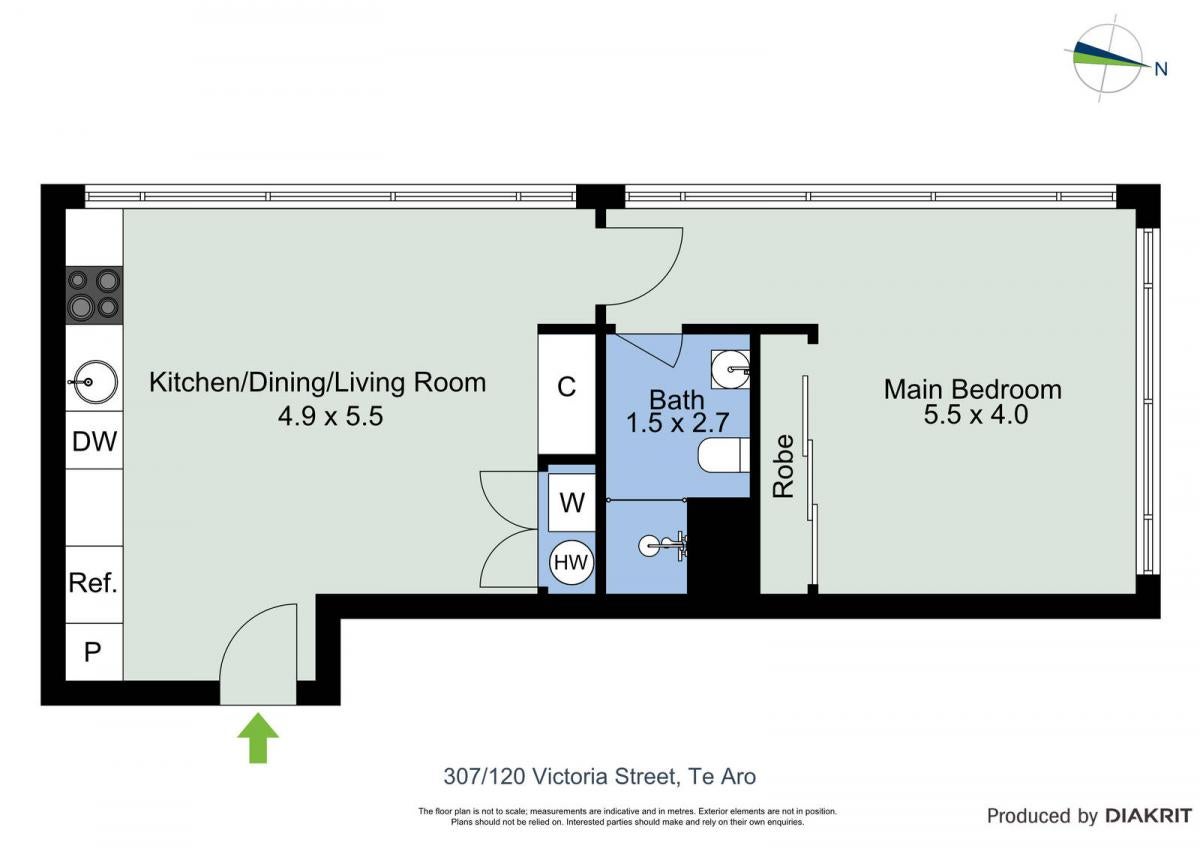Fire and Fury
Stuff's investigative documentary by Paula Penfold into disinformation in New Zealand that lead to the protests at Parliament in March is amateur, blatantly biased, and borderline defamatory. Penfold considered the role of organisations like Counterspin and Voices for Freedom, and prominent individuals such as Chantelle Baker, Carlene Hereora, and Kelvyn Alp in manipulating hundreds of thousands.
Penfold essentially progresses a thesis that hatred, violence, and the death of democracy are inevitable if individuals like those named above get to keep saying their piece. It seems that in all the reporting on anger against the Government, or journalists and media, it has never occurred to Penfold and her team that the reason there is such anger is because people feel their voice is being taken away. The anger and frustration has not come out of being allowed to express themselves openly- it has come because they believe they no longer have this liberty.
Penfold intentionally didn't hear from the other side. She claims, 'We didn’t approach them. That’s a really unusual editorial decision and I don’t know that we’ve ever taken that decision before, I think it is unprecedented for us. But it was obviously a very considered decision because in this instance we wanted our documentary to be the right of reply to what they’ve already said in the public domain.'
She continued on to note 'When you’re reporting on far-right dangerous speech you do not give them a right of reply because that elevates them.'
Who gets to decide what constitutes 'far-right dangerous speech'? Penfold, obviously. She gets to decide.
Another journalist Graham Adams claims, 'Rather than investigate the myriad and complex reasons for the “mistrust and anarchy” she witnessed in Wellington, Penfold’s single drum beat was the notion that most of those opposed to the mandates or who went to the protests were in thrall to right-wing extremists and white supremacists'.
All this begs an obvious question, what of those who were not from the Right at the protest? What about those who were not white, like former-Maori Party MP Marama Fox? What about those who weren't extremists, or did simply supporting the protest make you an extremist? It's worth remembering the results of a Horizon poll published on February 18 that showed 30 per cent of New Zealanders supported the protest. As Adams notes, 'That’s well over a million New Zealanders who the documentary makers imply were deluded, along with the thousands who camped outside Parliament for more than three weeks.'
'You’d have to say that a lot of the footage she presented revealed a crew of very brown white supremacists. Of course, Penfold had a predictable explanation for that awkward fact — they were obviously duped by the aforementioned white supremacists and right-wing extremists. This would be a dangerous conclusion for a white woman to come to but, fortunately for her, that deeply patronising view of Maori had a champion in the form of Khylee Quince, the Maori dean of law at AUT.'
Through Fire and Fury, and other similar attacks on provocative or unconventional opinions, Penfold and her fearmongering colleagues unfortunately are setting the scene for a self-fulfilling prophecy that does lead to great polarisation, and potentially more violence. The best alternatives to this are found in open dialogue, by giving the other side a chance to speak, and by avoiding name-calling and playing the argument and not the speaker, the ball, and not the man.
Its documentaries of this nature that are leading more and more New Zealanders to distrust mainstream media. As somebody who has been a very long time subscriber of the Dominion Post I have had enough of its unbalanced take on the issues on which it reports and have made the difficult decision to cancel my subscription. Stuff needs to open its eyes to the role it is playing in creating the environment that is leading to the frustration and anger that many of us are feeling. And in the interest of disclosure, I supported the March protests, I am vaccinated but respected the rights of those who chose not to be, and I am not a white supremist or right-wing extremist.
What's your favourite recipe for courgettes?
Kia ora neighbours. If you've got a family recipe for courgettes, we'd love to see it and maybe publish it in our magazine. Send your recipe to mailbox@nzgardener.co.nz, and if we use it in the mag, you will receive a free copy of our January 2025 issue.

Live Q&A: Garden maintenance with Crewcut
This Wednesday, we are having another Neighbourly Q&A session. This time with John Bracewell from Crewcut.
John Bracewell, former Black Caps coach turned Franchisee Development Manager and currently the face of Crewcut’s #Movember campaign, knows a thing or two about keeping the grass looking sharp—whether it’s on a cricket pitch or in your backyard!
As a seasoned Crewcut franchisee, John is excited to answer your lawn and gardening questions. After years of perfecting the greens on the field, he's ready to share tips on how to knock your garden out of the park. Let's just say he’s as passionate about lush lawns as he is about a good game of cricket!
John is happy to answer questions about lawn mowing, tree/hedge trimming, tidying your garden, ride on mowing, you name it! He'll be online on Wednesday, 27th of November to answer them all.
Share your question below now ⬇️
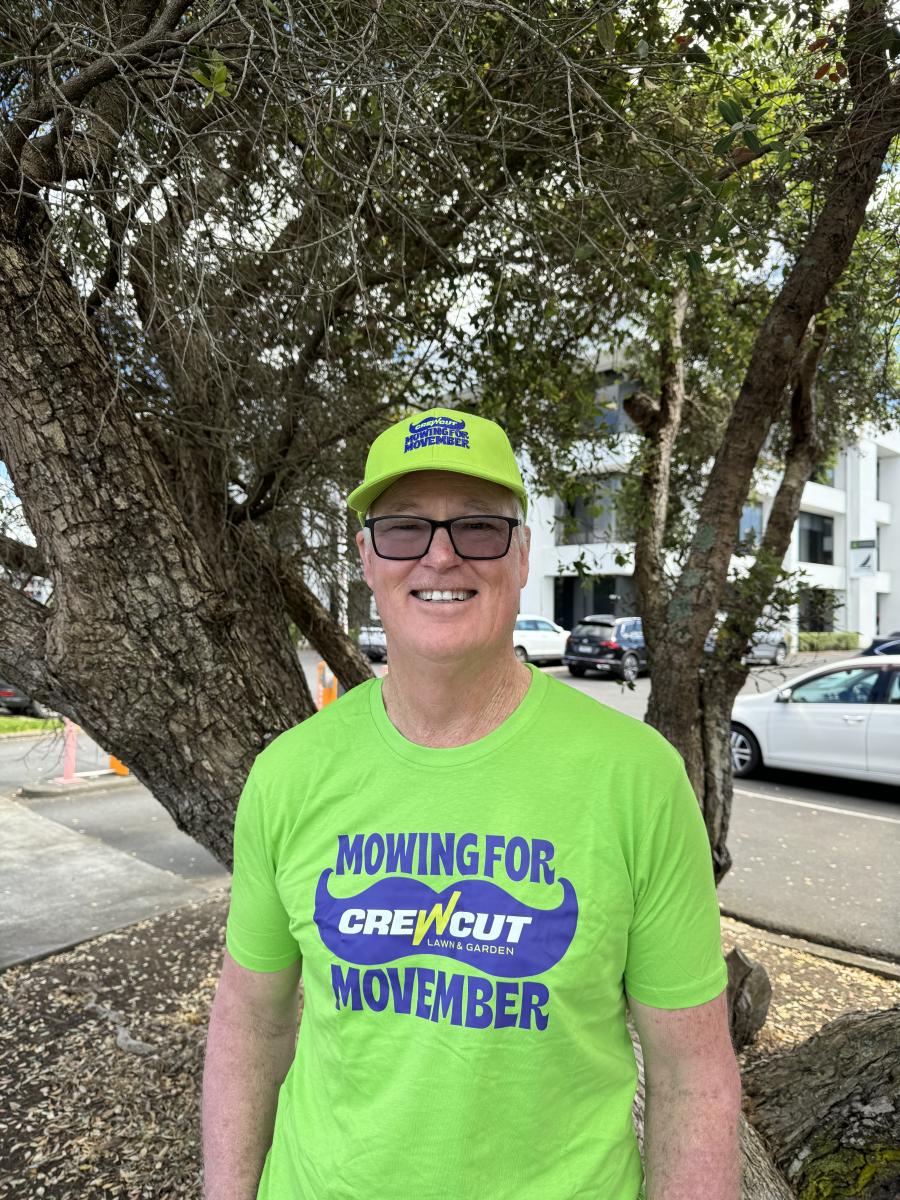
Poll: Should all neighbours have to contribute to improvements?
An Auckland court has ruled a woman doesn’t have to contribute towards the cost of fixing a driveway she shares with 10 neighbours.
When thinking about fences, driveways or tree felling, for example, do you think all neighbours should have to pay if the improvements directly benefit them?

-
82.1% Yes
-
15.1% No
-
2.7% Other - I'll share below
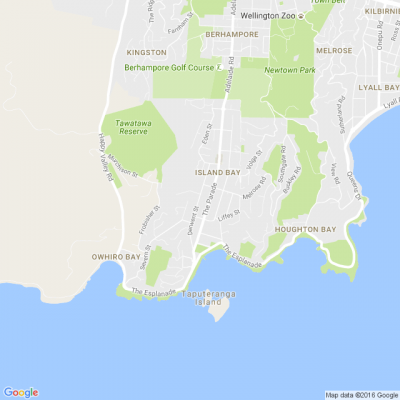
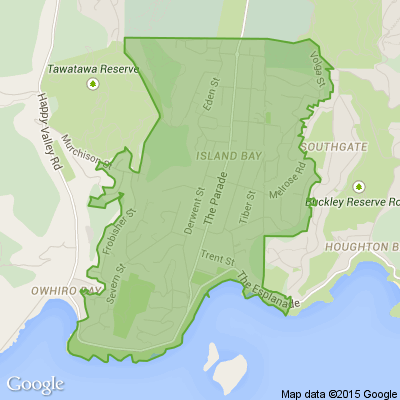




 Loading…
Loading…




